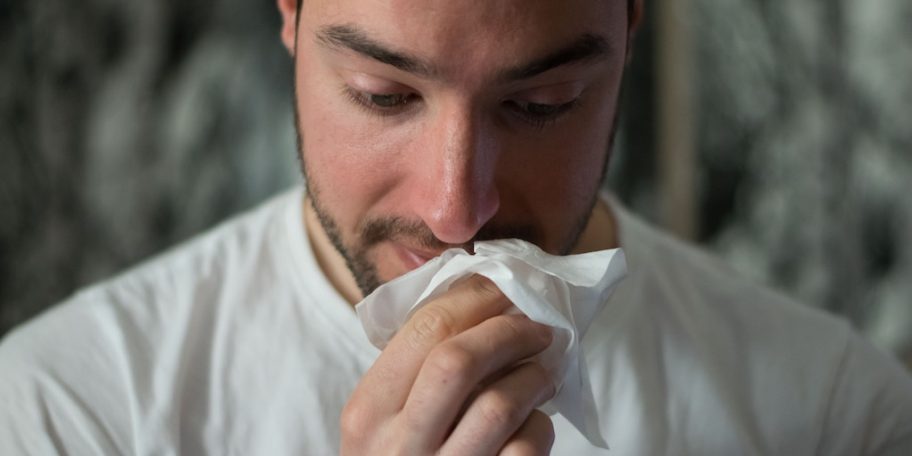- DO keep windows closed at night to prevent pollens or mold spores from drifting in to your home. If needed, use air conditioning, which cleans, cools, and dries the air.
- DO minimize early morning activity when pollen is usually emitted (5-10 a.m.).
- DO keep your car windows closed when traveling.
- DO try to stay indoors when the pollen count or humidity is reported to be high, and on windy days when dust and pollen are blown about.
- DO take medications prescribed by your allergist or medical provider regularly, in the recommended dosage.
- DO rinse your nose with nasal saline rinse to rid it of pollen, especially after going outside. You can spray with salt water as often as you like. You can also rinse your eyes with sterile saline eye drops.
- DO Wash That Mustache! Twice daily mustache washing can reduce symptoms by washing away trapped pollen.
- DON’T take more medication than recommended in an attempt to lessen your symptoms.
- DON’T mow lawns or be around freshly cut grass since mowing stirs up pollens and mold spores.
- DON’T rake leaves, as this also stirs up mold spores.
- DON’T hang sheets or clothing out to dry. Pollens and molds may collect in them.
- DON’T grow too many, or over-water, indoor plants if you are allergic to mold. Wet soil encourages mold growth.
Tips for Surviving Hayfever Season
Related articles

Seasonal, Dust & Pet Allergy
Nasal symptoms can be seasonal (hayfever due to pollen), perennial (due to dust mites, pets or molds) or both. Symptoms… Read more Seasonal, Dust & Pet Allergy
